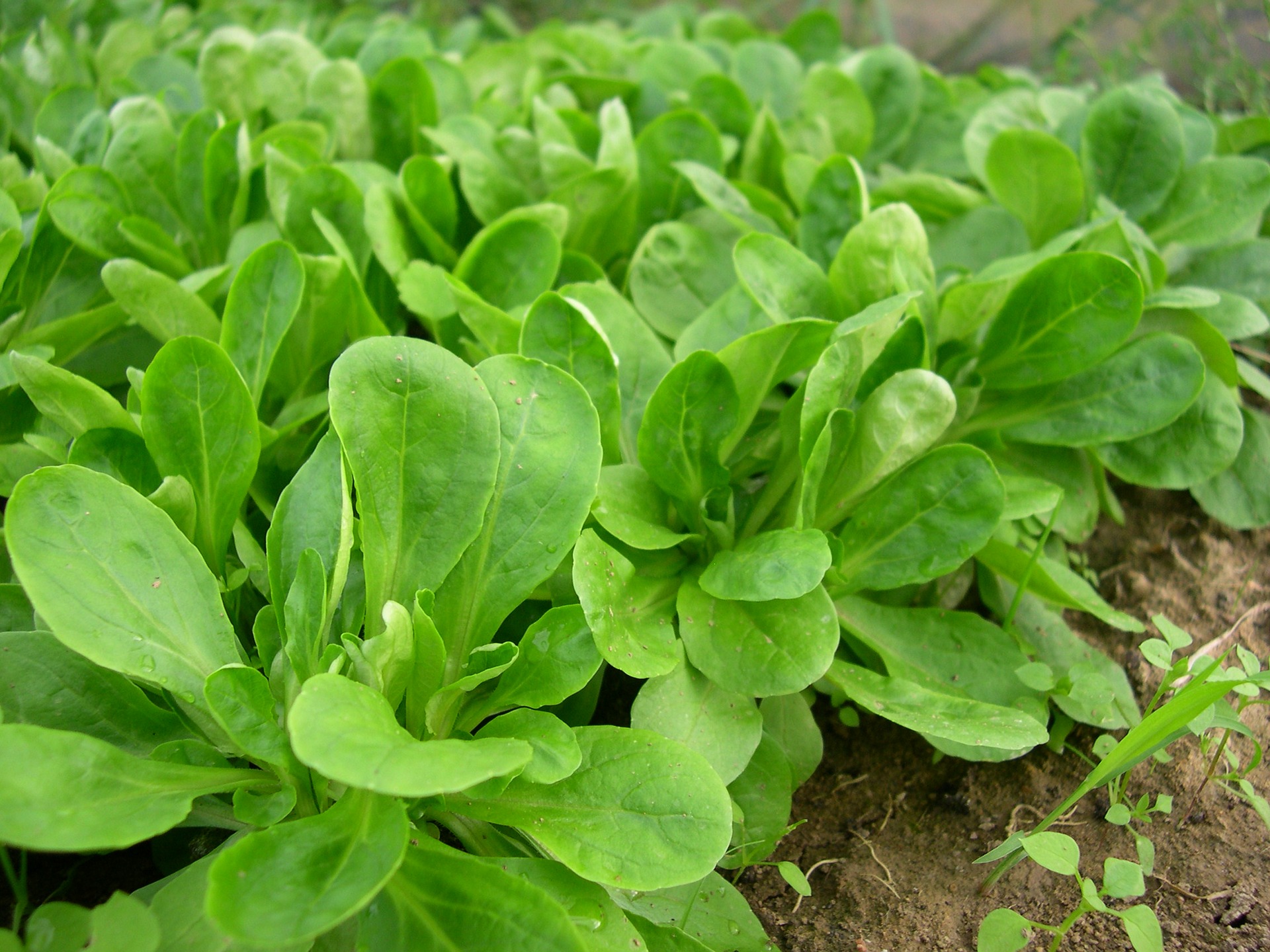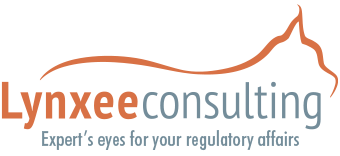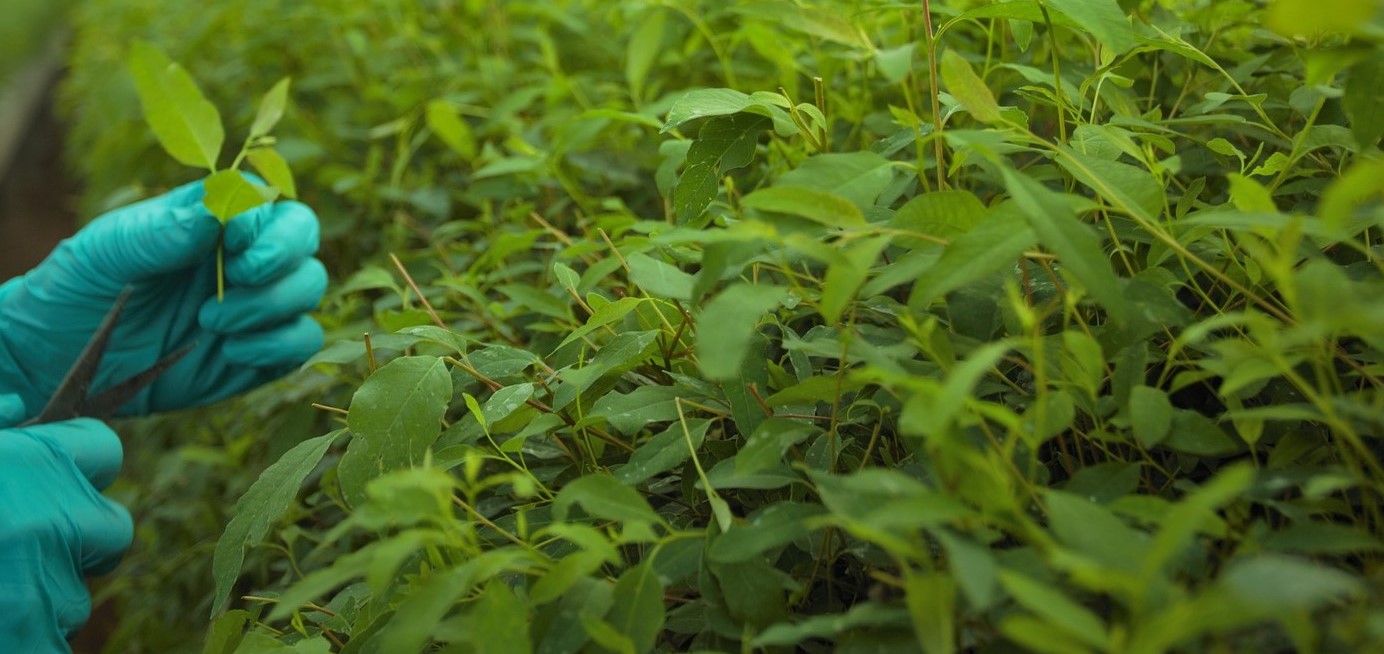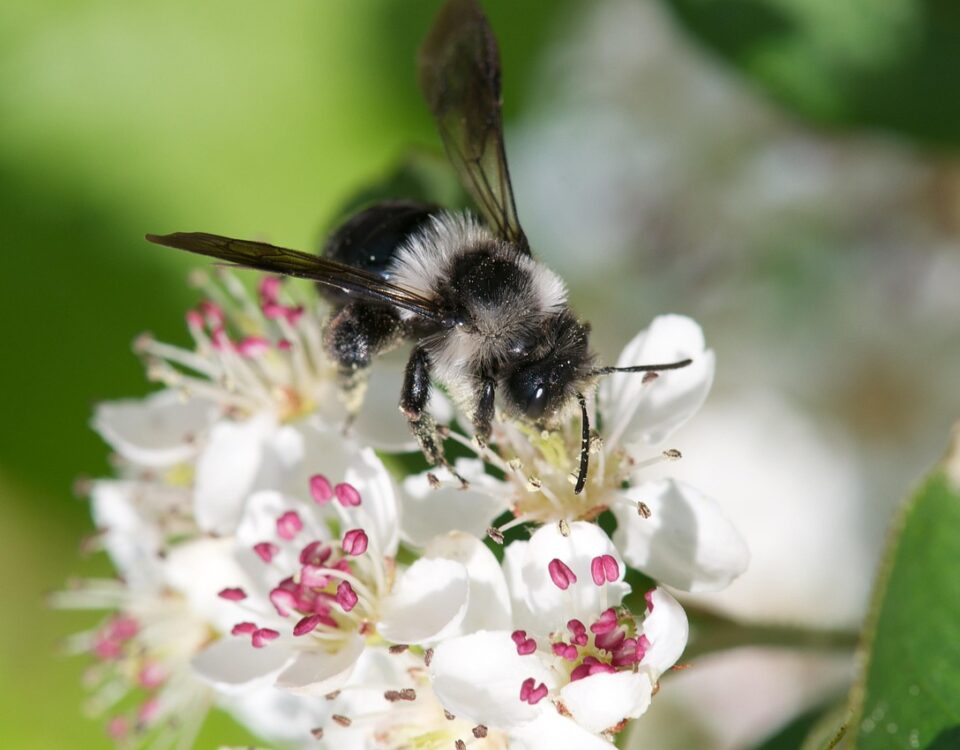FRANCE – ANSES: Management of PPPs applications following the renewal of active substances approval
31 October 2018
FRANCE: ANSES Announced the Withdrawal of Authorisations for Metam-Sodium-based Products
8 November 2018Requests were sent to ANSES on 31 July 2017 and on 3 April 2018 by the Directorate for Food (DGAL) of the French Ministry of Agriculture (Referral 2017-SA-0174) as regards its recommendations on the use of personal protective equipments (PPE) by workers re-entering a crop post-treatment.
This request was initiated because most of the recent marketing authorisations recommend the use of PPE for re-entry activities with no indication of a delay after the last treatment and with no distinction as regards the type of activities, which raises questions among professionals and seems to lead to practical difficulties.
In particular, ANSES was asked to deliver more operational PPE recommendations for re-entry activities (e.g. distinguish/limit the use of PPE to certain types of products or to certain activities or depending on the application schedule), pending the outcome of ongoing works which should allow more accurate risk assessments for worker exposure. Ongoing studies aim, for example, at determining transfer coefficients and foliar residue declines.
After a context analysis, ANSES concludes that the data currently available neither allow for activity-specific exposure risk assessments nor allow for making recommendations as regards a potential interval after treatment, after which PPE would be no more necessary to ensure the safety of workers.
ANSES however underlines that the exposure risk assessments conducted in accordance with the EFSA guidance (EFSA Journal 2014;12(10):3874) could be refined on the basis of foliar residue decline, in agreement with the approach proposed in the guidance. Besides, new exposure data for re-entry activities of workers and new foliar residue decline data (in particular on grapevine) have been generated and are being assessed by the United Kingdom. These data should allow a more accurate estimation of worker exposures and of protection levels offered by PPE. For his part, EFSA started the update of its guidance (EFSA, 2014), which should allow the integration of any new data.
Besides, ANSES reminds that:
- re-entry intervals as defined in the French Order of 4 May 2017 are aimed at preventing exposure and effects;
- if a personal protection is required, it corresponds to a PPE as defined in Regulation (EU) 2016/425, which should be associated with the basic precautionary measures (e.g. hand wash, compliance with instructions of how to put on and to put off PPE);
- within the framework of the responsibility to protect workers, the re-entry interval set is only an indication of the risk level that the employer have to integrate in its assessment with a selection of relevant PPE as regards the risk level, the suitability of the PPE with the worker activity and the availability of PPE;
- more generally, reducing the use of plant protection products and preferring products with less severe human health hazard potential should be aimed at in order to reduce exposure of agricultural workers.
As regards products based on active substance(s) for which no toxicological reference value has been set, ANSES encourages applicants to include a justification of specific recommendations for these product types as regards the hazard and risk levels which might be considered as low.
Finally, ANSES recommends to carry on with training and awareness campaigns for agricultural workers regarding the compliance with the conditions of use of plant protection products and of PPE and the health issue that represents.
To download:
10 October 2018 – Note from ANSES as regards its recommendations on the use of personal protective equipments (PPE) by workers re-entering a crop post-treatment (in French).
See also our previous articles:
FRANCE: is it necessary to wear PPE after the re-entry period ? Answer from Anses
Lynxee consulting’s team is at your disposal to answer your questions.
Contact us! https://lynxee.consulting/en/contact/


